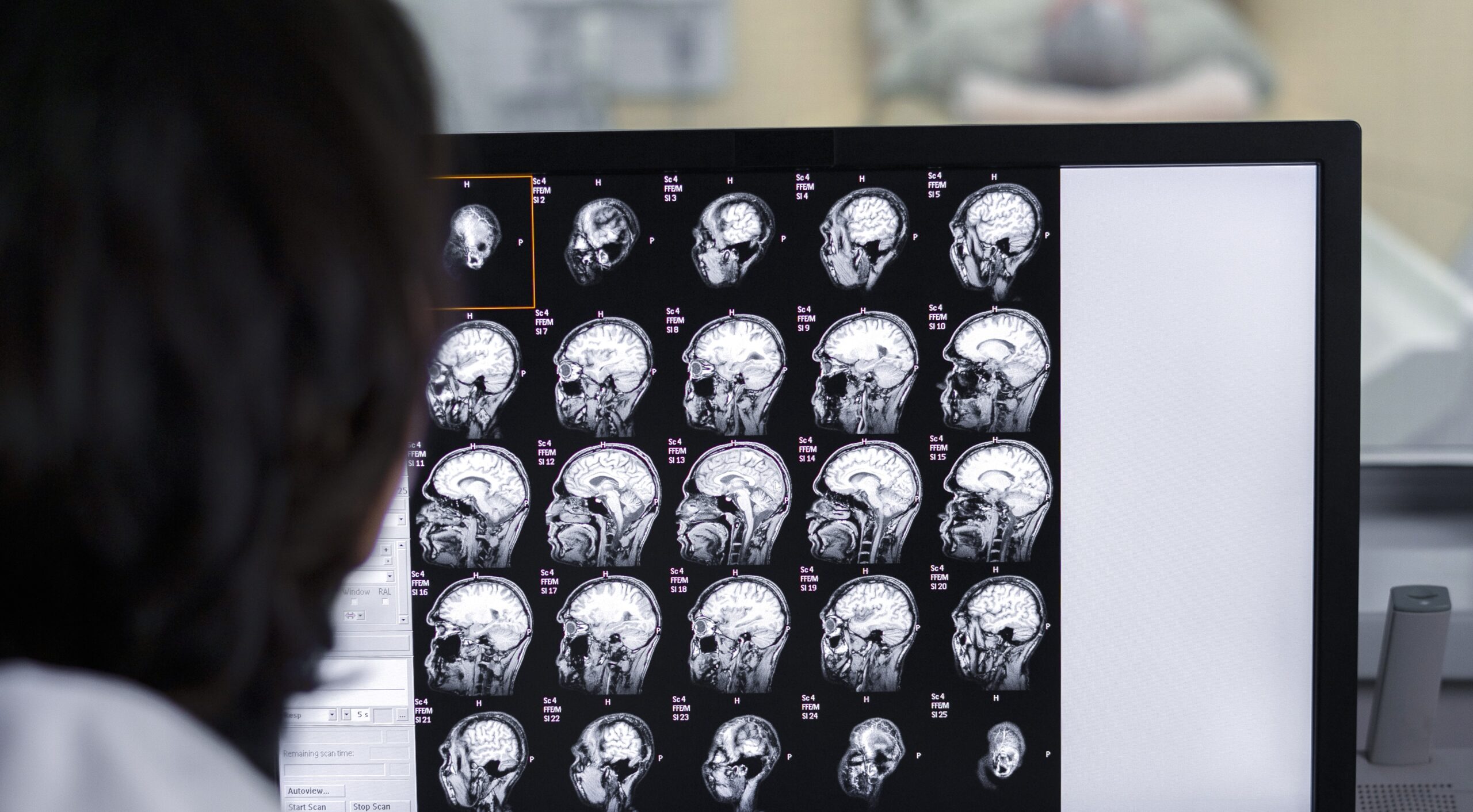
Investigating biomarkers for disease and symptom progression in Huntington’s disease
The NDN, along with NHS Lothian Huntington’s service, are involved in identifying people who may be interested in participating in the ‘iMarkHD’ study.
This study is based at Kings College London.
As the genetic cause of Huntington’s disease is known, it is possible to identify people who carry the gene before they show symptoms. Researchers can also estimate when symptoms are likely to begin. This allows scientists to look for biomarkers — biological signs that show early changes in the body or brain. These biomarkers could help us understand how the disease starts and develops over time. Finding reliable biomarkers is important for developing and testing new treatments.
Previous research suggests that brain scanning techniques, like Magnetic Resonance Imaging (MRI) and Positron Emission Tomography (PET), may help identify these biomarkers. However, no clear or confirmed biomarker has been found yet.
In this study, people with the Huntington’s disease gene (with and without symptoms) and people without the gene (healthy controls) will be invited to take part. Participants will have one MRI scan and four PET scans, using different tracers to measure activity in the brain. These scans will be done three times: at the beginning of the study, after one year, and after two years. If the early results are promising, the study may continue for another year with the same scans.
This study is open to recruitment
To find out more about this research study, please contact:
loth.sdcrn@nhs.scot
0131 537 3804
This study is looking at patients with Huntington’s disease.


















